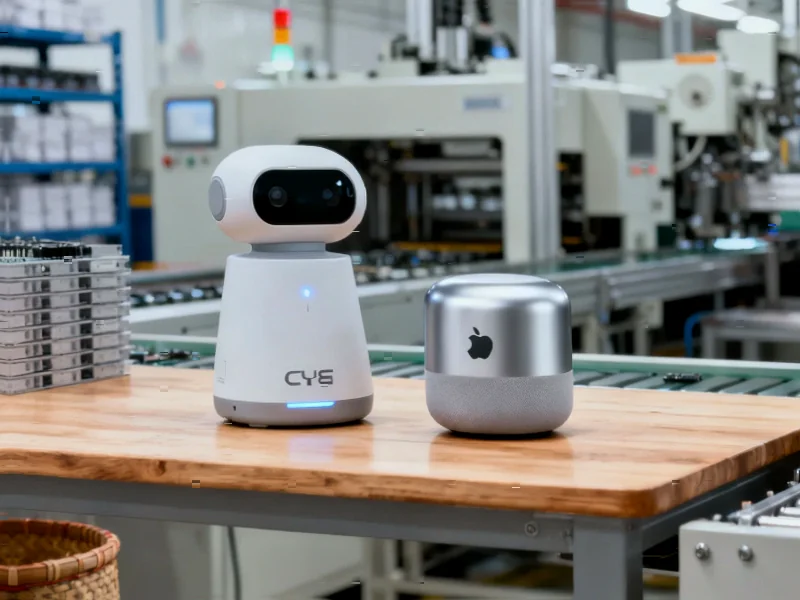According to Business Insider, KPMG is completely rethinking the junior consultant role by training new hires to manage teams of AI agents rather than doing grunt work themselves. The Big Four firm’s global AI workforce lead Niale Cleobury says they want juniors to become “managers of agents” who oversee digital assistants capable of creating presentations, analyzing data, and conducting research. KPMG launched its Velocity AI platform in February and is now building agentic capabilities into it, with voice interaction features expected soon. While the approach is still in early stages, the goal is for AI to handle analytical and administrative tasks so juniors can focus on strategic decisions. PwC, another Big Four firm, also believes AI will accelerate junior careers, while simultaneously cutting entry-level hiring by a third over the next three years.
The Great Consulting Reboot
This is basically consulting’s version of moving from manual labor to management. Remember those stories about new analysts pulling all-nighters formatting PowerPoints? That era might be ending faster than anyone expected. KPMG’s approach acknowledges something pretty obvious – making slides isn’t where the real value is. The strategic thinking, client relationships, and big-picture direction? That’s what clients actually pay for.
Here’s the thing though – this isn’t just about efficiency. It’s about fundamentally changing how consulting careers develop. Sam Gloede, KPMG’s global trusted AI transformation leader, admits she used to feel frustrated wondering when she’d become a specialist. Now she thinks juniors will get there “a lot quicker.” Instead of transcribing meeting notes, they’ll be analyzing insights and crafting recommendations from day one. That’s a massive shift in how knowledge workers learn their craft.
The Career Acceleration Economy
We’re looking at compression of experience. What used to take three years to learn might now take one. Junior consultants will be sitting in strategy meetings earlier, learning from senior partners sooner, and developing specialized expertise faster. But here’s my question – is faster always better? There’s something to be said for the grind, for understanding the fundamentals by doing them yourself. When you’ve never built a slide deck from scratch, do you really understand what makes a compelling presentation?
KPMG insists the career path remains the same, just accelerated. But PwC’s move to cut entry-level hiring by a third suggests the shape AND size of consulting teams might change. Gloede says “the shape, not the size, is going to be what’s changing” at KPMG. I’m skeptical. If AI can do the work of multiple juniors, why wouldn’t headcount eventually adjust?
This Isn’t Just Consulting
Look, this trend is spreading everywhere. JPMorgan executives have been talking about staff becoming managers much earlier thanks to “digital colleagues.” Wall Street, consulting, accounting – they’re all converging on the same model. Entry-level jobs are becoming AI management positions. The grunt work that used to teach fundamentals is being automated away.
So what does this mean for business education? MBA programs and undergraduate business majors might need to completely rethink their curricula. If the first two years of a consulting career are now about managing AI agents rather than doing analysis, schools should probably start teaching prompt engineering, AI workflow management, and digital team leadership. The skills that got people hired five years ago might not be the skills that matter tomorrow.
The consulting industry is betting big that AI will make their people more valuable, not replace them. But the transition will be messy. How do you train someone to manage work they’ve never done themselves? Can you really provide strategic direction on analysis you didn’t personally conduct? These are the questions that will determine whether this AI-powered consulting revolution actually delivers on its promise.




